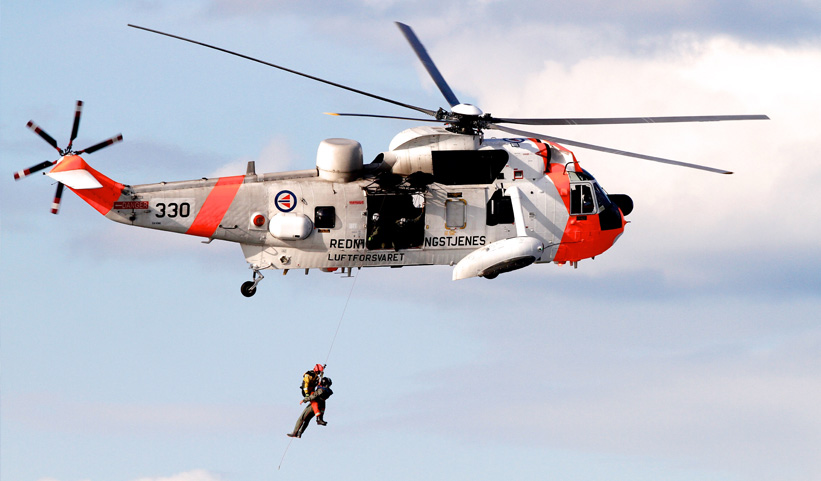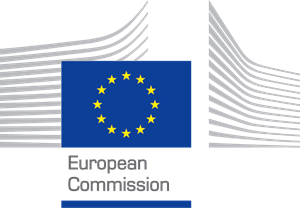Mixed-reality technologies and tools for medical first responders.

Project MED1STMR: Medical first responder training using a mixed reality approach featuring haptic feedback for enhanced realism.
Mass-casualty incidents with injured persons caused by human-made or by natural disasters are increasing globally. In such situations, medical first responders (MFRs) need to perform basic life support and first aid to help stabilize victims until arrival of further support. Proper evaluation of situations, checking and monitoring the vital states, and choosing the most appropriate strategy for proceeding with treatments are challenges. However, current training abilities for such scenarios are limited.
The MED1STMR consortium has identified mixed reality (MR) training as opportunity to better train and prepare MFRs for disasters. Specifically, MED1STMR develops a new generation of MR training providing haptic feedback through the integration of high-fidelity patient simulation manikins into MR. Thereby, MED1STMR offers a much richer sensory experience bringing MR training closer to reality. To enhance the effectiveness of MR training a physiological signal and trainee behavior feedback loop are integrated for scenario control. In this respect, wearable technologies with body sensors are developed allowing to monitor states and behavior of MFR during training. Together with a model for effective performance in medical emergencies this data enables adapting training to trainee needs, manually or by artificial intelligence driven smart scenarios.
Partnering MFR is included in the project developments by an Agile End User Centered Research Methodology. To this end, MED1stMR pursues the following pioneering objectives: a) Developing a pioneering MR training approach for enhanced realism, b) Developing effective training scenarios and a training curriculum through user-centered design with cross-sectoral MFR, c) Realization of a physiological signal and trainee behavior feedback loop and EPME model for smart scenario control thereby enhancing effectiveness of MR training and d) To position the pioneering MR training approach across Europe
Our main tasks
- Creation of the high-level system architecture
- Implementation of a generic integration framework for the incorporation of novel first responder technologies into MR
- Implementation of a data management system of for training debriefing
Partners
AIT AUSTRIAN INSTITUTE OF TECHNOLOGY | CAMPUS VESTA | D2D HOLDINGS | HEIDELBERG UNIVERSITY | HEIDELBERG UNIVERSITY HOSPITAL | HELLENIC RESCUE TEAM | IDENER.AI | JOHANNITER INTERNATIONAL | JOHANNITER ÖSTERREICH AUSBILDUNG UND FORSCHUNG | MINDCONSOLE | MONTANUNIVERSITÄT LEOBEN | PLUX | REFENSE | RJH COUNTRY COUNCIL | SIM CAMPUS | SUMMA 112 | UMEÅ UNIVERSITY | UNIVERSITY OF BERN | USECON
Start date – finish date
06 / 2021 - 05 / 2024

This project has received funding from the European Union’s Horizon 2020 research and innovation programme under grant agreement Nº 101000794

